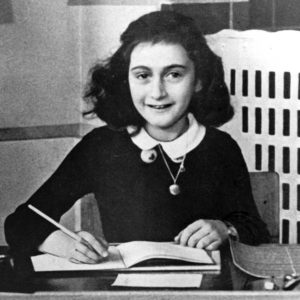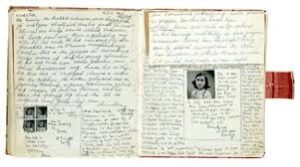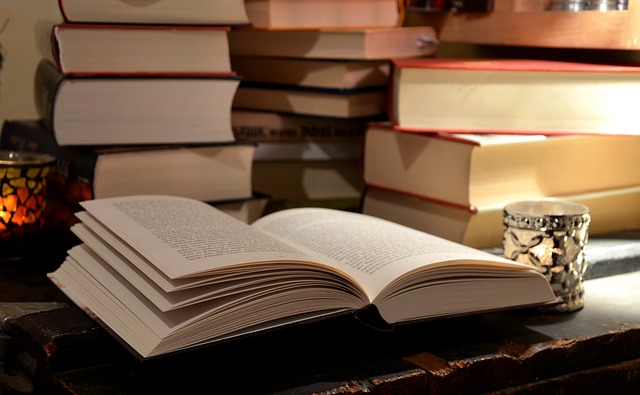 I’ve just returned from a excellent long weekend in Amsterdam. The place really does have something for everyone.
I’ve just returned from a excellent long weekend in Amsterdam. The place really does have something for everyone.
I – like most, I’m sure – first read Anne Frank at school. It is after all a very important historical document. I’ve also read it again in recent years and I always think the same thing. Here we have a thirteen year old girl who has an imagination and writing ability way above her years. In her diary she writes:
“One day this terrible war will be over. The time will come when we’ll be people again and not just Jews!” (Diary, 11 April, 1944)
It was an interesting experience, in that I was surprised at how much space was hidden behind the bookcase, where the three families took refuge. When reading the diary, I imagined a much smaller space. But, I’m sure spending two years with three other families in relative darkness (as the curtains were drawn at all times) was unbearable.
Understandably, from the beginning of the tour the place had an eerie feel. As we walked around, in a single file it was silent, apart from perhaps a few whispers.
Personally, I could almost feel Anne Frank’s imagination bouncing from room to room. In the room that Anne shared with Fritz Pfeffer, there were cuttings of film stars and photos of art plastered on the wall like any normal child may have. Sadly, in Anne’s case it was an attempt to link to the outside world, a world she must’ve felt alienated from. Her longing to be free is evident in her diary as she writes:
“I long to ride a bike, dance, whistle, look at the world, feel young and know that I’m free.” (Diary, 24th December 1943)
Next on the tour came the footage from childhood friends who all spoke about their memories of Anne. Otto Frank -Anne’s father – returned to Amsterdam after the War, not knowing that his Wife and two Daughters were now dead. On one of the TV’s he recounts little Anne writing secretively into her diary and her wish to become a published author.
 Anne wrote many short stories and also the first few chapters towards a novel – which are compiled in a book called Anne Frank’s Tales From the Secret Annexe – before the families were captured by the SS.
Anne wrote many short stories and also the first few chapters towards a novel – which are compiled in a book called Anne Frank’s Tales From the Secret Annexe – before the families were captured by the SS.
Yes, it was a very sobering experience, but one which I think will enable me to visualise her surroundings when I read the diary again.
It’s important that her writing will continue to be read. In her writings she captures the voice of millions of innocent children who lost their lives throughout the Holocaust.
Holocaust Literature has an important message to share, and many books have been translated into English since the liberation of Auschwitz 71 years ago. Below are a few suggestions for further reading on the subject.
Night by Elie Wiesel
Maus by Art Spiegelman
Survival in Auschwitz by Primo Levi
The Reader by Bernhard Schlink
